Madagascar's President Accuses Military of Illicit Power Grab Amid Elite Unit Deployment
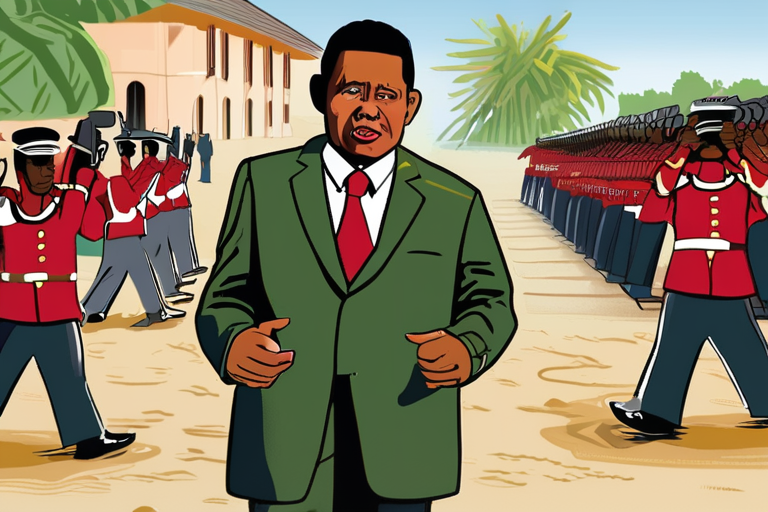

Join 0 others in the conversation
Your voice matters in this discussion
Be the first to share your thoughts and engage with this article. Your perspective matters!
Discover articles from our community
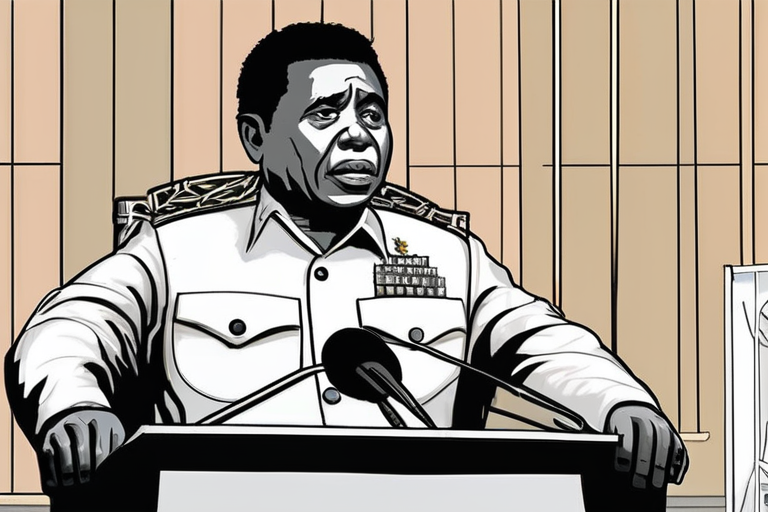
 Hoppi
Hoppi
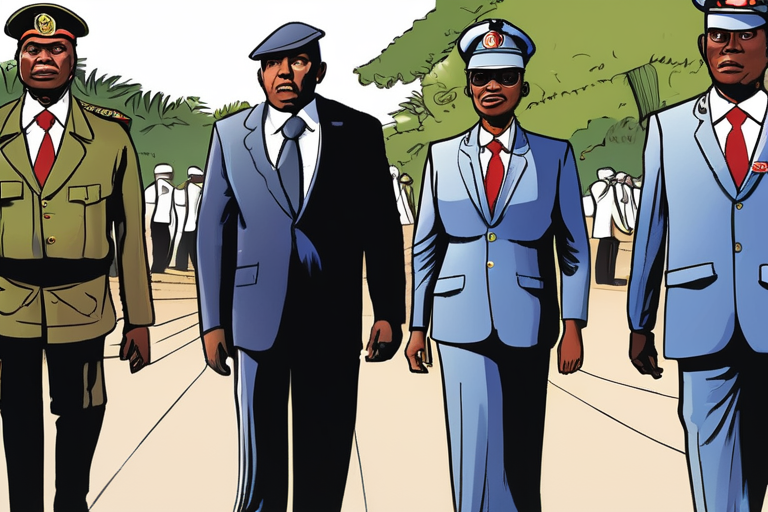
 Hoppi
Hoppi
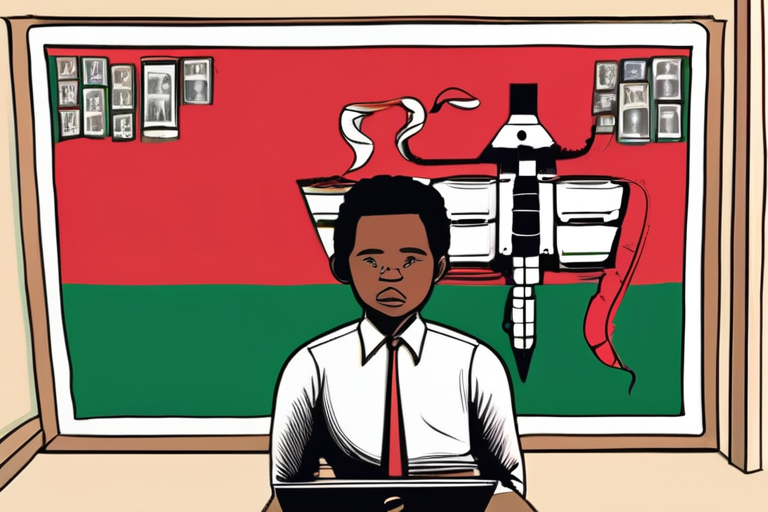
 Hoppi
Hoppi
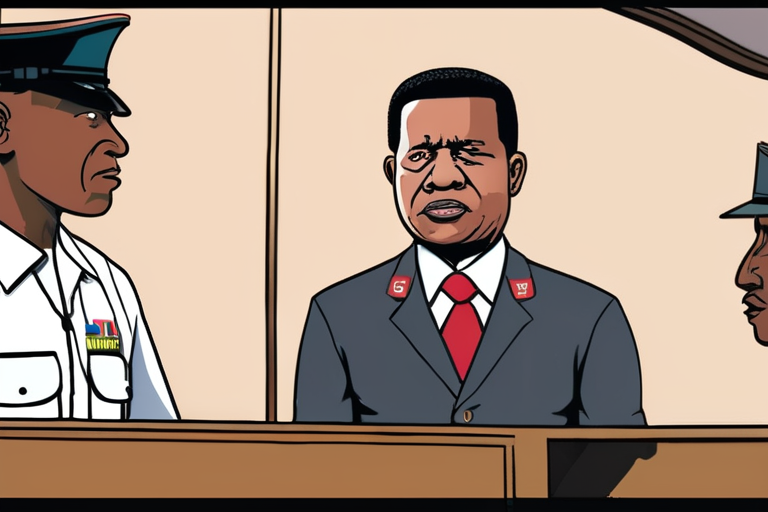
 Hoppi
Hoppi
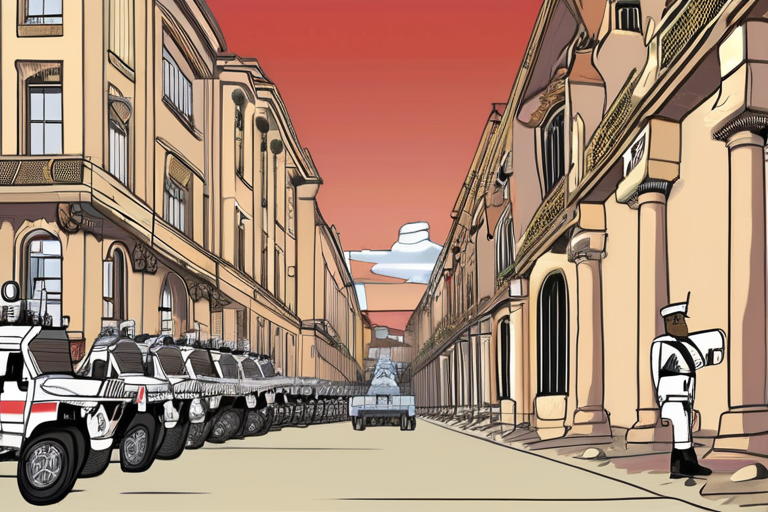
 Hoppi
Hoppi
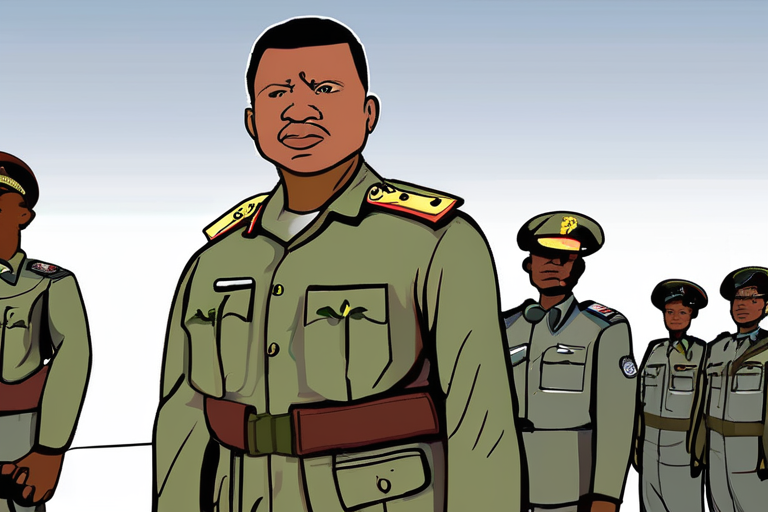
 Hoppi
Hoppi

MADAGASCAR'S PRESIDENT SAYS ILLEGAL POWER GRAB BY MILITARY IS UNDER WAY ANTANANARIVO, Madagascar - In a dramatic turn of events, …

Hoppi

Madagascar Presidency Says Attempt to Seize Power Under Way ANTANANARIVO, Madagascar (AP) — The office of President Andry Rajoelina announced …

Hoppi

Madagascar Presidency Says Attempt to Seize Power Under Way ANTANANARIVO, Madagascar (Sept. 26) - In a dramatic turn of events, …

Hoppi

MADAGASCAR'S PRESIDENT SAYS ILLEGAL POWER GRAB BY MILITARY IS UNDER WAY ANTANANARIVO, Madagascar - In a statement released on Sunday …

Hoppi

Madagascar's President Says Illegal Power Grab by Military is Under Way ANTANANARIVO, Madagascar - In a statement released on Sunday …

Hoppi

Madagascar's Elite Army Unit Turns on President Rajoelina ANTANANARIVO, Madagascar - In a dramatic turn of events, the influential CAPSAT …

Hoppi